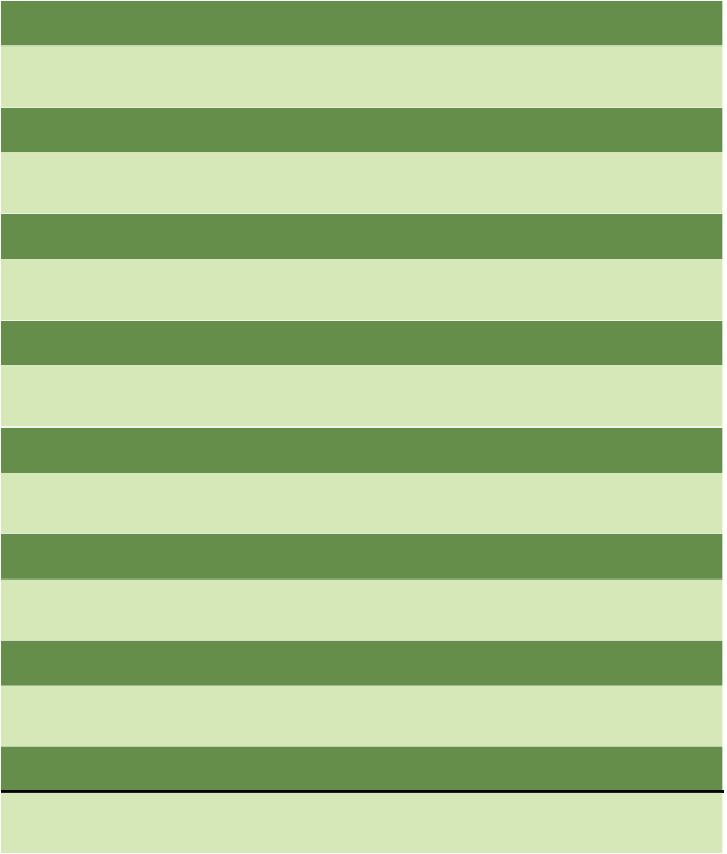Travel Reference
In-Depth Information
1851
Upon completion of the construction of Nikolaevsky Station (now Moscow Station), the first trains
linking Moscow and St Petersburg begin running, introducing rail travel to Russia.
1853-56
Britain and France side against Russia in the Crimean War, a war characterised by inept command
and bloody stalemate, until it is finally ended by Alexander II.
1861
The emancipation of serfs frees up labour for the industrial revolution. The flood of workers into the
capital leads to overcrowding, poor sanitation, disease epidemics and societal discontent.
1866
Dostoevsky's classic novel of life and death in St Petersburg's poverty-stricken garrets, Crime and
Punishment, is published, making him Russia's greatest late-19th-century author.
1870
After breaking from the Academy of Arts, a group of upstart artists known as the Peredvizhniki
(Wanderers) starts organising travelling exhibitions to widen their audience.
1881
A bomb kills Alexander II as he travels along Kanal Griboyedova. His reactionary son, Alexander III,
undoes many of his reforms, but oversees the building of the Trans-Siberian Railway.
1883
The dazzling Church on the Spilled Blood is inaugurated as a private place of mourning for the im-
perial family for the dead Alexander II.
1890
Queen of Spades,Pyotr Tchaikovsky's opera based on the poem by Alexander Pushkin, premieres at
the Mariinsky Theatre, drawing excited crowds and rave reviews.








